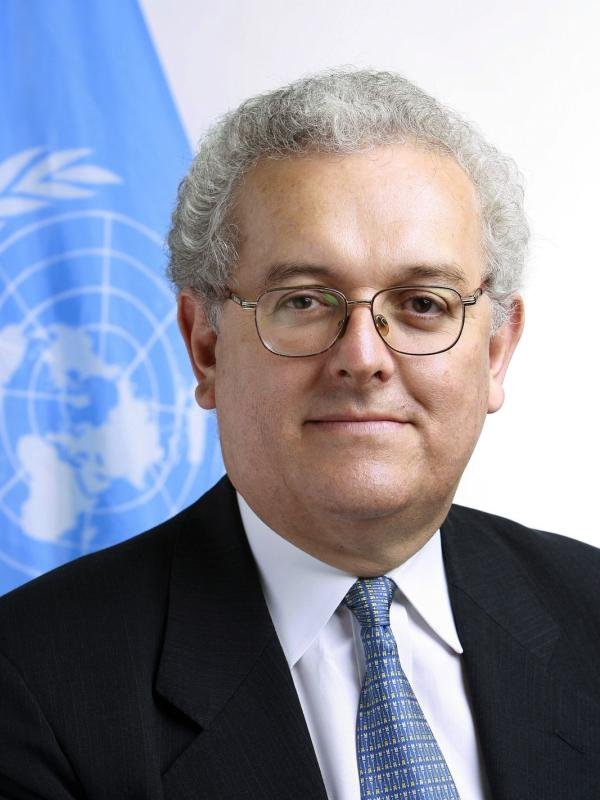Professor José Antonio Ocampo argues that international cooperation during the COVID-19 crisis has been weaker than during the 2008-09 North Atlantic Financial crisis. This contrasts with the more aggressive domestic economic policies adopted by the developed countries.
The COVID-19 hit the world in the midst of a process of weakening multilateralism. In addition, the world economy has been hit by the deepest and most synchronized recession in world history—a 6.1% reduction of world GDP at market exchange rates according to the most recent IMF projections.
In terms of financial cooperation, the emergency financing facilities of the International Monetary Fund have that been made available to a large number of countries and the capacity of the World Bank to increase its lending stand out as positive steps, but the U.S. veto to an issue of IMF’s Special Drawing Rights and the lack of a call by the G-20 to capitalize multilateral development banks stand out as negative features. The crisis of the World Trade Organization and the tensions that international trade was facing prior to the crisis stand out as the most troublesome features of international economic cooperation.
Finally, the paper argues that some advance has been made in the negotiations of international tax cooperation, but it remains to be seen what the final outcome of those negotiations would be.
 José Antonio Ocampo
José Antonio Ocampo

 Arjun Jayadev
Arjun Jayadev Akbar Noman
Akbar Noman Joseph Stiglitz
Joseph Stiglitz Barbara Fritz
Barbara Fritz